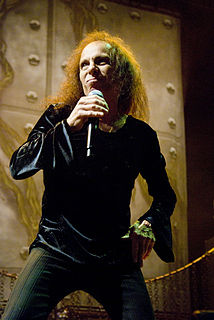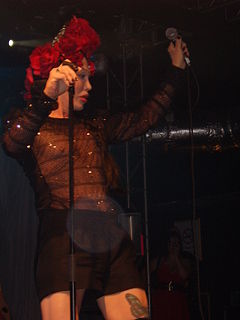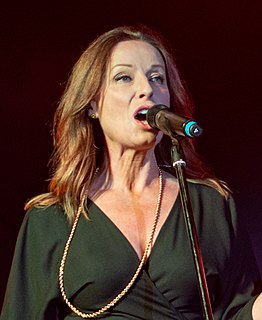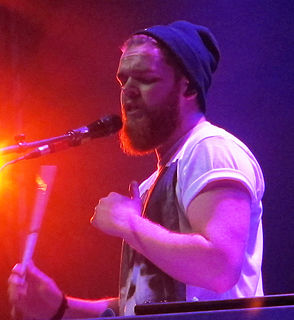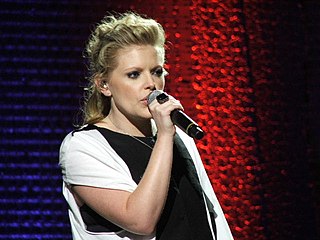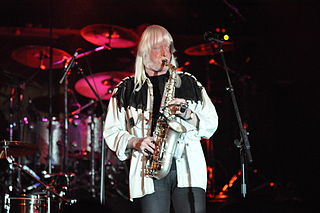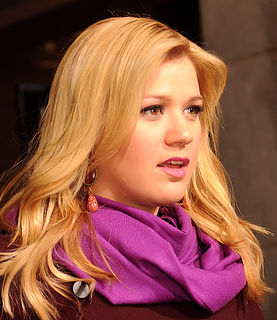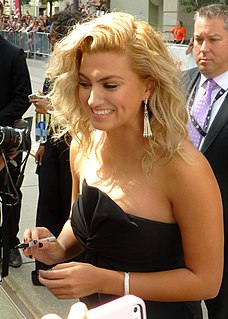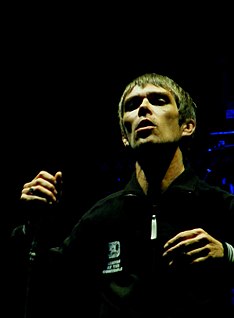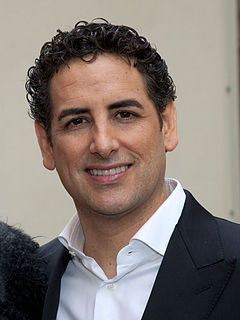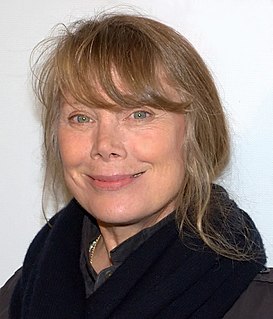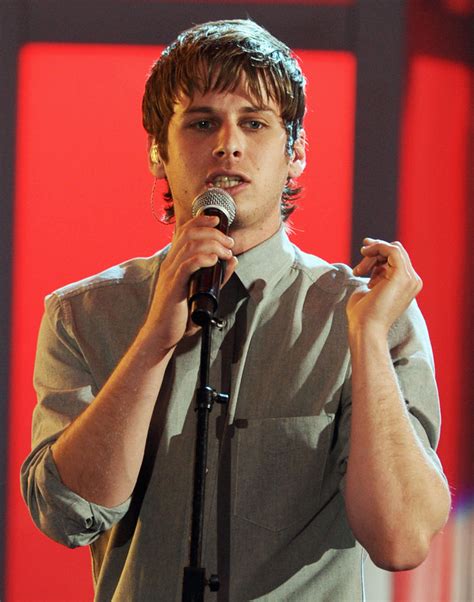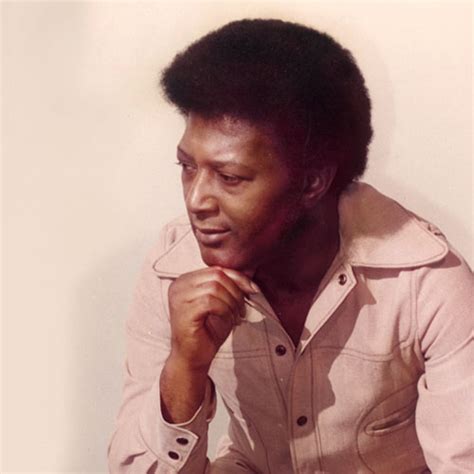A Quote by George Michael
I never minded being thought of as a pop star. People have always thought I wanted to be seen as a serious musician, but I didn't, I just wanted people to know that I was absolutely serious about pop music.
Related Quotes
I just think that pop music is very interesting in how it can reach so many people. I like that I can tell stories and I just wanted to be heard more, I guess. That's why it's pop, but in my mind I don't really view my music as pop, I don't really view it as anything. I just look at it as a picture, I like visuals.
I went to school to learn guitar, solfeggio, and harmony. I wanted to know more about music, how it works. I wanted to take voice lessons, too, and that's when I discovered what I could do with my voice. At the beginning, I thought I would do classical and pop, but then I learned that I really liked the classical music.
I know whites buy more records than blacks. So, I wanted to be able to make the most money that I could. Pop is for both whites and blacks, but if I just stuck to rhythm and blues, it's mostly for blacks. I didn't want to do that. So like I said, I wanted to get the most out of it that I could, so I thought that pop was the way to go.

